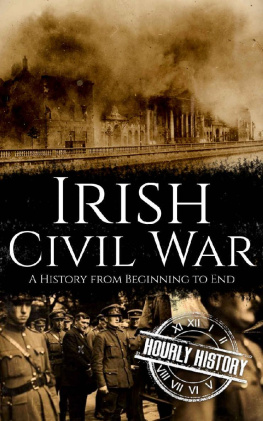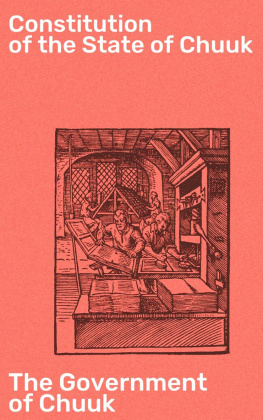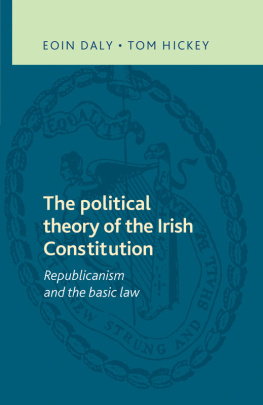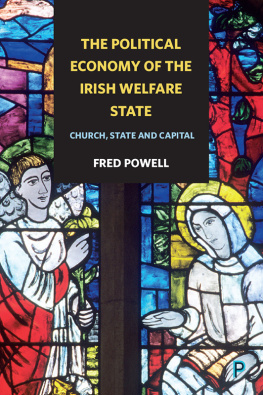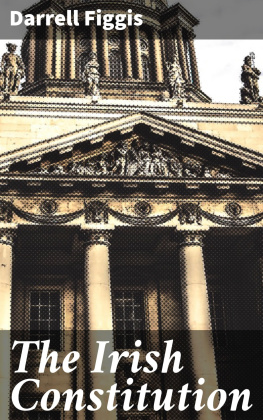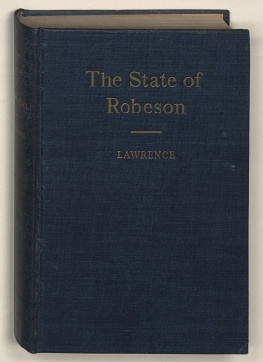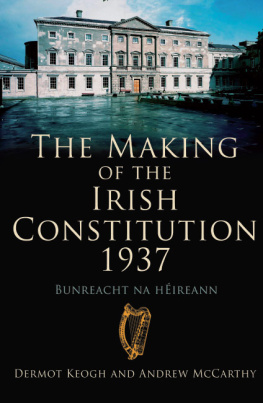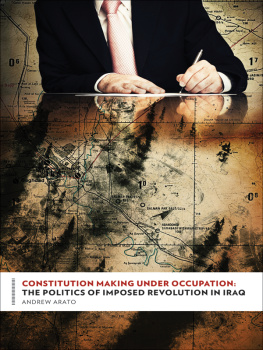Article 1.
Table of Contents
The Irish Free State (otherwise hereinafter called or sometimes called Saorstt Eireann) is a co-equal member of the Community of Nations forming the British Commonwealth of Nations.
Article 2.
Table of Contents
All powers of government and all authority, legislative, executive, and judicial, in Ireland are derived from the people of Ireland, and the same shall be exercised in the Irish Free State (Saorstt Eireann) through the organisations established by or under, and in accord with, this Constitution.
[Article 2A.
Table of Contents
PART I. Preliminary and General
1. Operation of Parts II to V of this Article.
(1) Parts II, III, IV, and V of this Article shall not be of any force or effect unless or until the Executive Council makes an Order under this section declaring that Parts II, III, IV, and V of this Article shall come into force, but if and whenever and so often as the Executive Council makes such order Parts II, III, IV, and V of this Article shall come into and be of full force and effect immediately upon the making of such order and shall continue in such force and effect until the Executive Council makes an order under this section declaring that the said Parts of this Article shall cease to be in force whereupon the said Parts of this Article shall cease to be in force but without prejudice to the validity of anything previously done thereunder.(2) Whenever the Executive Council is of opinion that circumstances exist which render it expedient that Parts II, III, IV, and V of this Article should be brought into force, the Executive Council may by order declare that Parts II, III, IV, and V of this Article shall come into force.(3) Whenever and so often as Parts II, III, IV, and V of this Article are in force and the Executive Council is of opinion that circumstances rendering it expedient that the said Parts of this Article should be in force no longer exist, the Executive Council may by order declare that Parts II, III, IV, and V shall cease to be in force.
2. Construction of this Article in relation to other Articles.
Article 3 and every subsequent Article of this Constitution shall be read and construed subject to the provisions of this Article, and in the case of any inconsistency between this Article and the said Article 3 or any subsequent Article, this Article shall prevail.
3. Definitions and Interpretation.
(1) In this Articlethe word association includes any combination of persons whether such combination is or is not known by a distinctive name;the expression treasonable or seditious documents includes any documents relating to or concerned with or issued or emanating from or appearing to issue or emanate from an unlawful association;the word offence includes crime;the word periodical means any newspaper, magazine, journal, or other publication which is published or issued at regular or substantially regular intervals;(2) The Interpretation Act 1923 (No. 46 of 1923), applies to the interpretation of this Article in like manner as it applies to the interpretation of an Act of the Oireachtas passed after the 1st day of January, 1924.
PART II. The Constitution (Special Powers) Tribunal.
4. Establishment of the Constitution (Special Powers) Tribunal.
(1) As soon as may be after every occasion on which this section of this Article comes into force, there shall be established a tribunal (in this Article referred to as the Tribunal) to be known and styled as the Constitution (Special Powers) Tribunal.(2) The Tribunal shall consist of five members, all of whom shall be officers of the Defence Forces of Saorstt Eireann not below the rank of commandant and shall be appointed and be removable at will by the [
Governor-General acting on the advice of the][1] Executive Council.(3) The Minister for Finance may appoint such registrar, clerks, and servants for the purposes of the Tribunal as he thinks proper and there may be paid to such registrar, clerks, and servants and to the members of the Tribunal such remuneration and allowances as the Minister for Finance may determine.
5. The procedure of the Tribunal.
(1) At every sitting of the Tribunal three members and no more of the Tribunal shall be present and constitute the Tribunal for the purposes of such sitting, and every order made and act done by such three members or a majority of them at such sitting shall for all purposes be the order or act (as the case may be) of the Tribunal.(2) The Tribunal shall have full and absolute power to appoint the time and places of its sittings and full and absolute control of its own procedure in all respects and, in particular, in respect of the admission or exclusion of the public to or from its sittings, the enforcing the attendance of witnesses and the production of documents.(3) The Tribunal shall have full and absolute power to punish in such manner as the Tribunal thinks proper all persons whom the Tribunal finds guilty of contempt of the Tribunal or any member thereof whether such contempt is or is not committed in the presence of the Tribunal.(4) The Tribunal shall have an official seal which shall be officially and judicially noticed and every document sealed with such seal and purporting to be an order or other act of the Tribunal shall be received in evidence in all Courts without further proof and be deemed to be an order or other act (as the case may require) of the Tribunal made or done with competent jurisdiction.(5) The Tribunal may act notwithstanding one or two (but not more than two) vacancies in its membership.
6. Jurisdiction of the Tribunal.
(1) The Tribunal shall have jurisdiction to try and to convict or acquit all persons charged with an offence mentioned in the Appendix to this Article and brought before the Tribunal under this Article, and also jurisdiction to sentence every person convicted by the Tribunal of any such offence.(2) The Tribunal shall have power to administer oaths to witnesses.(3) The Tribunal shall have jurisdiction to order the detention of and to detain in custody, pending trial by the Tribunal and during and after such trial until conviction or acquittal, any person brought before the Tribunal and charged with an offence mentioned in the Appendix to this Article.(4) The Tribunal shall have jurisdiction, in lieu of or in addition to inflicting any punishment on a person convicted by it of an offence, to require such person to enter into a recognisance before a Justice of the District Court, in such amount and with or without sureties as the Tribunal shall direct, to keep the peace for such period as the Tribunal shall specify.(5) No appeal shall lie from any order, conviction, sentence, or other act of the Tribunal, and the Tribunal shall not be restrained or interfered with in the execution of its jurisdiction or powers under this Article by any court nor shall any proceedings before the Tribunal be removed by certiorari to any court.
7. Sentences by the Tribunal.
(1) Whenever the Tribunal finds any person guilty of an offence mentioned in the Appendix to this Article the Tribunal may, in lieu of the punishment provided by law (other than this Article) for such offence, sentence such person to suffer any greater punishment (including the penalty of death) if in the opinion of the Tribunal such greater punishment is necessary or expedient.(2) Subject to the provisions of this Article in relation to the imprisonment of persons sentenced by the Tribunal to suffer imprisonment, the Tribunal may direct the manner in which and the authorities by whom any order made or sentence pronounced by the Tribunal is to be carried out and thereupon such authorities shall carry out such order or sentence in accordance with such direction.(3) Where the Tribunal directs an order made or sentence pronounced by it to be carried out by the civil authorities, such order or sentence shall be carried out by the civil authorities and officers by whom and in the like manner as a like order or sentence of the Central Criminal Court is required by law to be carried out.(4) Subject to the provisions of this Article, every order, conviction, and sentence of the Tribunal shall have the like consequences in law as a like order, conviction, or sentence of the Central Criminal Court would have and, in particular, every order and sentence of the Tribunal shall confer on the persons carrying out the same the like protections and immunities as would be possessed by the civil authorities and officers when carrying out an order or sentence of the Central Criminal Court.(5) No coroner's inquest shall be held in relation to a death occasioned by the execution of a sentence of death pronounced by the Tribunal.




